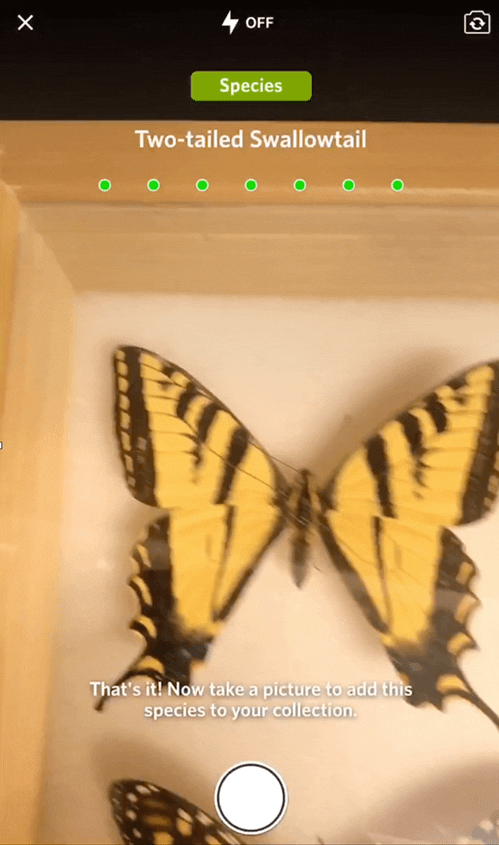Tortoise Scanner (AI)
Species Classification by Edge Computing.
The capture and sale of endangered turtles and tortoises in India is a major ecological problem. Such trade was designated illegal by the Wildlife Protection Act of 1972, yet the issue persists. Sadly, wildlife trafficking funds large criminal syndicates also involved in drug and human trafficking. There are dozens of affected species. Customs agents are enforcement officers, not biologists, and discrimination between legal (common) and illegal (endangered) species is difficult: many species look similar. Help is needed. How can agents quickly identify rare species in remote areas without reliable internet connectivity?
A prototype app capable of low-computation off-grid species identification was developed using compressed representations of trained neural networks. This system could be specialized and deployed using a labeled image library of legal and illegal species of Indian turtles and tortoises and used by customs law enforcement officers to efficiently and accurately screen biological materials.
The sample screen capture shows a proof-of-concept using an insect display case and a low-power cellular phone. This technology has subsequently been scaled and deployed in the popular citizen science app called Seek.
with S. Badola (TRAFFIC-India), A. Shepard (iNaturalist), and G Van Horn (Caltech).

Numerous tortoises and turtles live in India, and they can be difficult to tell apart.

Edge computation to identify species.